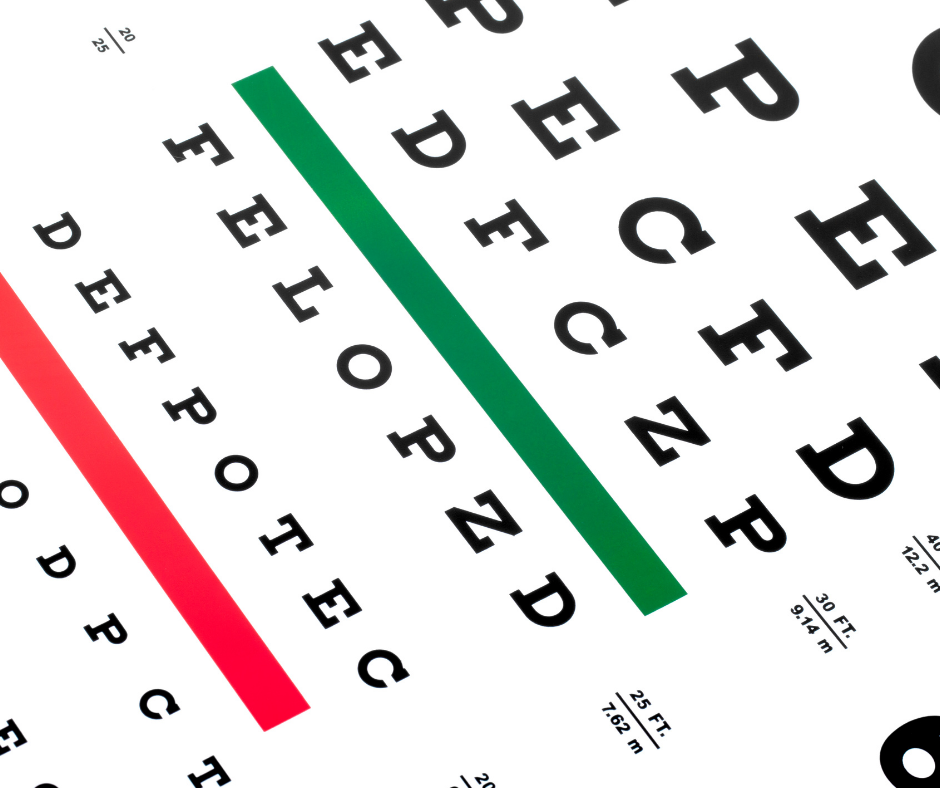Importance of Routine Diabetic Eye Exams

Many people have delayed their eye exams throughout the pandemic, causing serious and advanced diseases and sometimes resulting in vision loss. This is especially seen among our diabetic patients.
More than 34 million Americans have diabetes, and 88 million US adults are prediabetic. Diabetes is a chronic condition that affects how your body processes blood sugar, but did you know that it can negatively impact your vision? This Diabetes Awareness Month, we’re raising awareness about the importance of routine eye exams, especially for diabetic patients.
If you are diabetic, the production of insulin is disrupted – either your body isn’t producing enough insulin, or it is unable to use the insulin that is being produced. This causes glucose to remain in the bloodstream for a prolonged period of time, which damages your blood vessels. Many health problems can arise from this, including serious vision issues that are most commonly due to damage incurred within the retinal vascular system.
Importance of Routine Diabetic Eye Exams
Diabetic eye exams should be a regular part of your healthcare routine if you have diabetes. Eye exams will help to diagnose and manage conditions like diabetic retinopathy, diabetic macular edema, glaucoma, and cataracts.
Austin Retina Associates’ board-certified retina specialist Dr. Jose Agustin Martinez encourages diabetic patients to incorporate eye exams into their healthcare routines. “The pandemic has caused patients to delay care and we’re seeing more advanced disease because patients have now waited almost two years to see the doctor for routine eye exams,” says Dr. Martinez. “Our diabetic patients are losing their vision due to undetected diabetic eye disease. I highly recommend diabetic patients schedule an annual diabetic eye exam to prevent vision loss.”
When to See a Specialist
Diabetic eye disease likely can be managed if diagnosed early. If you have been diagnosed with Type 1 or Type 2 diabetes, plan to have an exam with a diabetic eye specialist annually. We recommend patients with Type 1 diabetes schedule their first exam within five years of being diagnosed. Patients with Type 2 diabetes should schedule their first exam as soon as they are diagnosed.
Patients who have delayed their eye care due to the pandemic should schedule an exam as soon as possible.
In addition to routine eye exams, if you experience any of the following symptoms you should schedule an appointment with a diabetic eye specialist as soon as possible:
● Blurred vision
● Visual distortions
● Colors appearing dull or faded
● Darkened areas in central vision
● Frequent vision changes
● Floaters
● Flashes of light
A sudden increase in floaters or flashes of light in your vision can indicate that the retina is torn or is about to detach. If you experience this, call your doctor right away. Retinal detachment is an emergency that can lead to permanent vision loss.
For questions or concerns about your diabetic eye health or to schedule an appointment with one of our diabetic eye specialists, call 800-252-8259 or request an appointment online.
For the latest Austin Retina news, visit our blog or follow us on Facebook and Instagram.

